According to TIME magazine article “Lies, Lies, Lies” (Oct 5, 1992), “Lies flourish in social uncertainty, when people no longer understand, or agree on, the rules governing their behavior toward one another.” Whew! That was close; I thought I had to bear responsibility for my truthfulness, or lack thereof. TIME made it society’s fault.
The philosopher, Emanuel Kant had a different view of lying: lying is always morally wrong. Lying has a corrupting nature to it. For the one doing the lying, it corrupts the ability to make free rational choices. Each and every lie contradicts and tears at the moral worth of the individual. Additionally, lies corrupt others in their freedom to make rational choices (the lie leads others to make choices other than they would make if they knew the truth). Ouch!
In a previous post (Lies and damn lies), I talked about some of the reasons people lie (the why of the lie). For now, our issues are more practical than philosophical – Is the person on the other side of the negotiating table telling the truth? Is the employee in the performance review fabricating facts to enhance or cover certain aspects of their performance? Is the applicant stretching the truth beyond the breaking point during the job interview? How can you tell the difference? As an owner/executive/leader/manager your job is to solve real problems with and for real people in the real world. You need the truth of reality and the reality of truth.
On any given day we’re lied to from 10 to 200 times, and the clues to detect those lies can be subtle and counter-intuitive. Pamela Meyer, author of Liespotting, shows the manners and “hotspots” used by those trained to recognize deception. Did you know that lying is a cooperative act?
Would I lie to you?
Pamela Meyer on Liespotting
In Other Words…
“You know where you are with a complete liar, but when a chap mixes some truth with his yarns, you can’t trust a word he says.” – Joyce Cary, The Horse’s Mouth (1944)
“The instruments of darkness tell us truths,
Win us with honest trifles, to betray us
In deepest consequence.” – William Shakespeare, Macbeth, Act I, scene 3, line 124
On est aisément dupé par ce qu’on aims. “One is easily fooled by that which one loves.” – Molière, Le Tartuffe, IV. 3.
“I have a higher and grander standard of principle than George Washington. He could not lie; I can, but I won’t.” – Mark Twain
“I’m not upset that you lied to me, I’m upset that from now on I can’t believe you.” – Frederick Neitzsche
“A lie is an abomination unto the Lord; a very present help in time of need.” – attributed to Adlai Stevenson
In The Word…
“If we claim to have fellowship with him and yet walk in the darkness, we lie and do not live out the truth.” – 1 John 1:6
Note: Pinocchio image is property of The Walt Disney Company. All rights reserved.


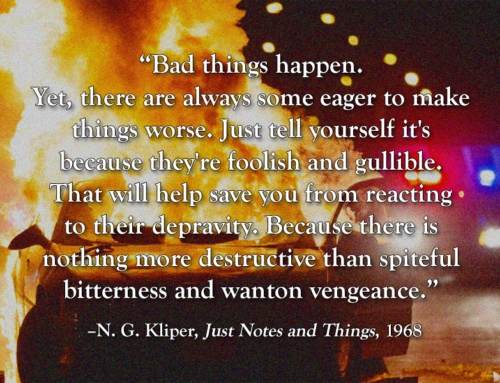
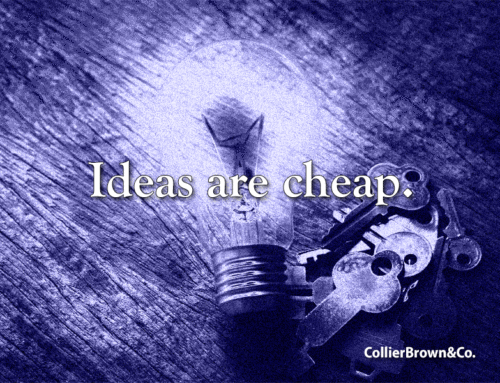
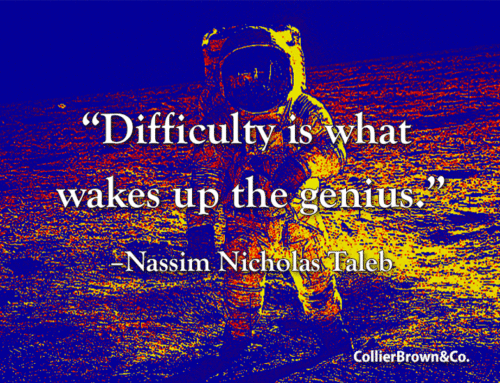
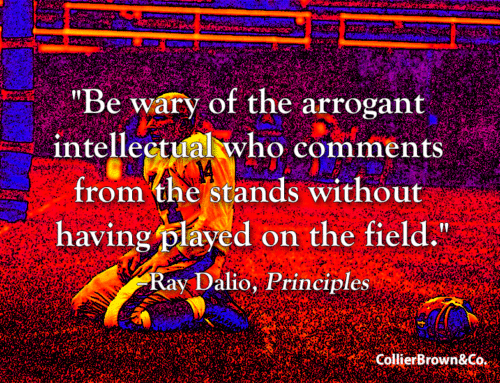

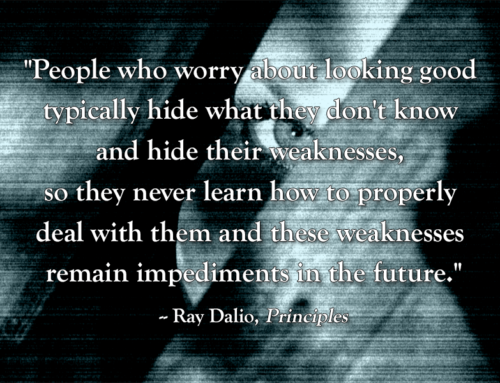
“Nothing is easier than self-deceit. For what each man wishes, that he also believes to be true.”
Demosthenes
If you repeat something enough, you tend to believe it’s a truth, even when it’s a lie. Pamela Meyer made a great point when she cited the overuse of Facebook and Twitter. Something that rings in my head over and over. Stephen Covey said in “The Seven Habits of Highly Effective People.” We have become a society in which people “appear to be” rather than “to be.”
Esse quam videri is found in Cicero’s essay “On Friendship” (“De amicitia”, chapter 98). “Virtute enim ipsa non tam multi praediti esse quam videri volunt” (Few are those who wish to be endowed with virtue rather than to seem so). (http://en.wikipedia.org/wiki/Esse_quam_videri)
This appears not as a recent social phenomenon, but as a tale as old as time. The keys were mentioned throughout Ms. Meyers presentation. The poison of liars is more potent behind the vail of technology. Thank you for your reminder to be vigilant against our willingness to lie whether in person or cyberspace.